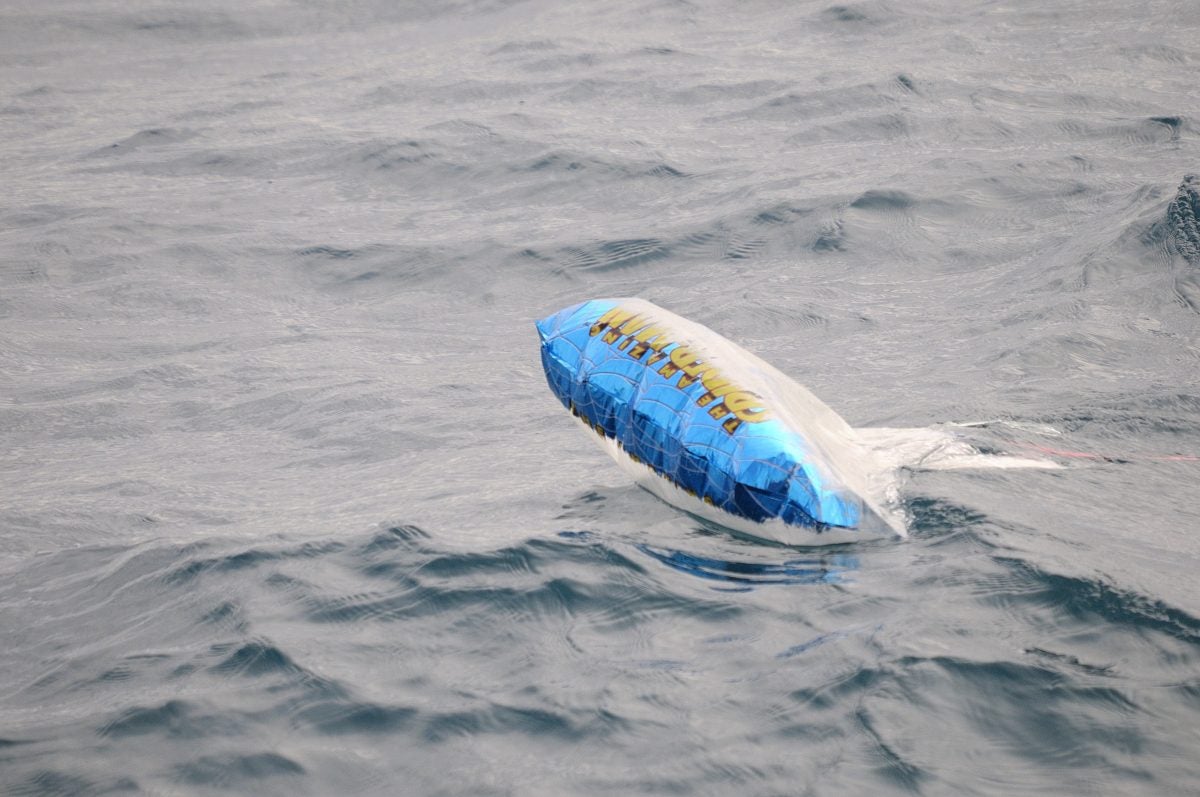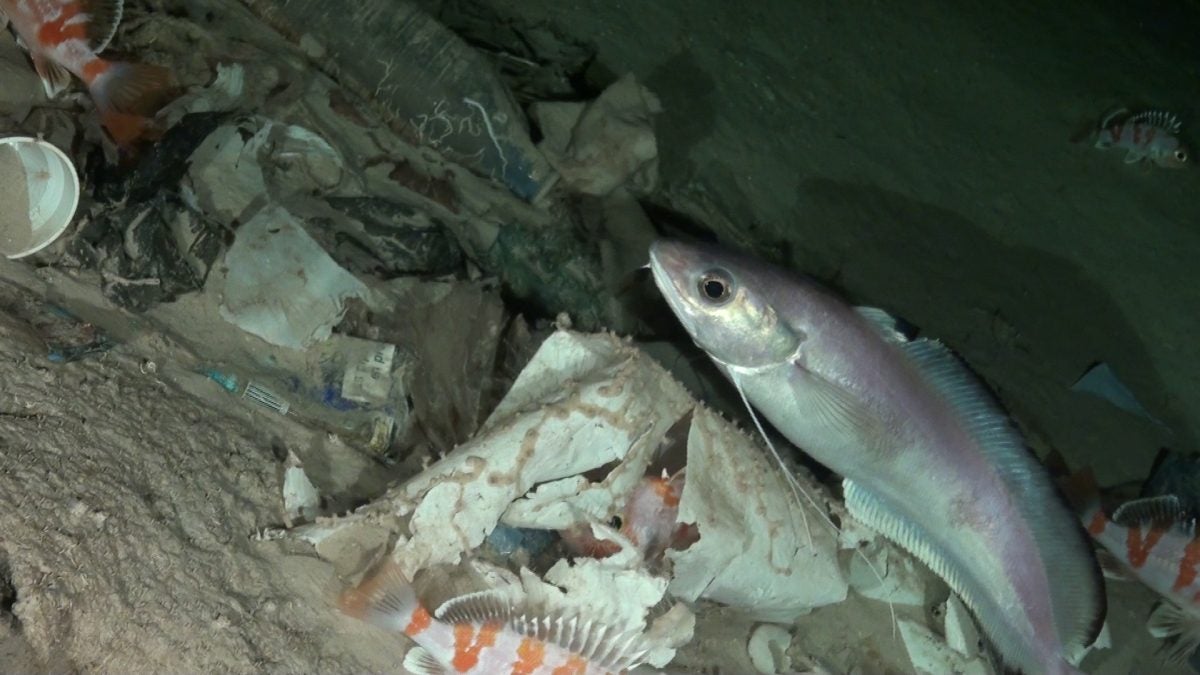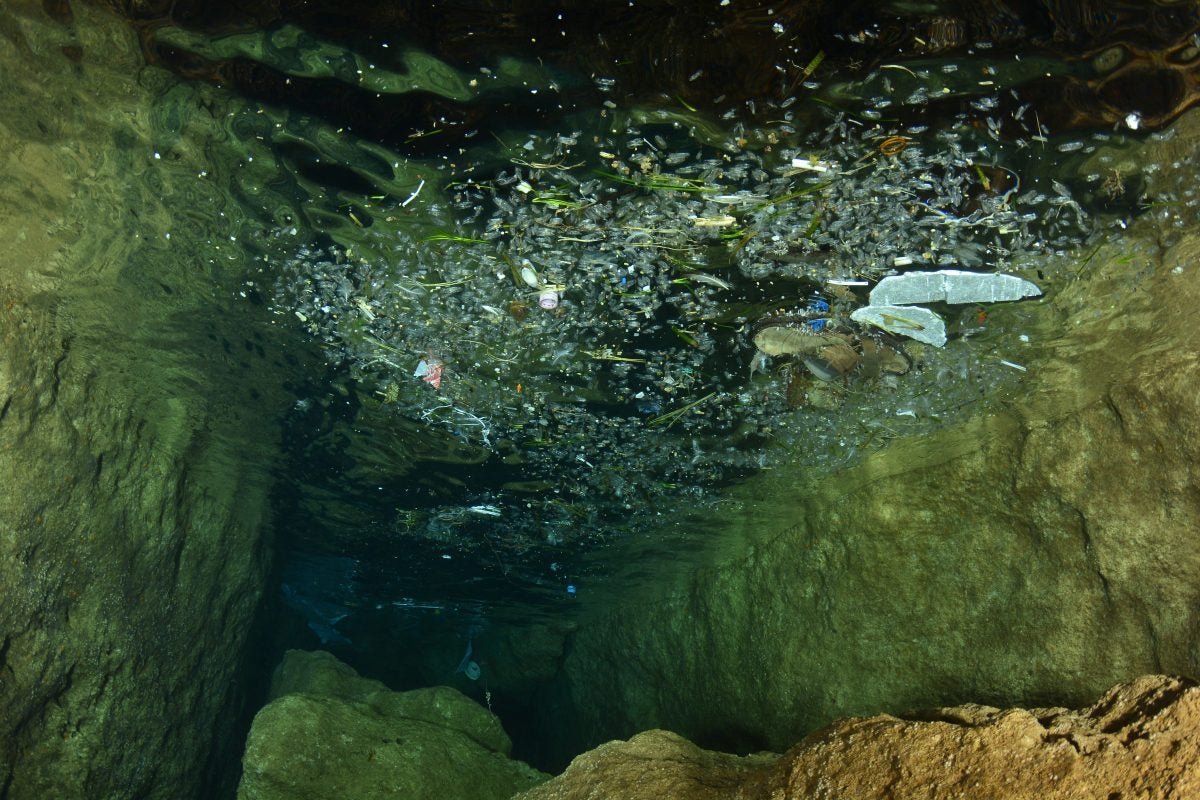Oceana hails EU plan curbing plastic production as major move to tackle ocean litter crisis
The new proposal by European Commission would ban certain single-use plastic products that account for 70% of marine litter in Europe
Press Release Date: May 28, 2018
Location: Madrid
Contact:
Marta Madina | email: mmadina@oceana.org | tel.: Marta Madina
The European Union (EU) has today unveiled a plan to ban certain single-use plastic products in a bid to reduce mounting ocean litter. The ban would include plastic plates, cutlery, drink stirrers, straws, cotton buds and sticks for balloons, which together with fishing gear, make up 70% of all single-use plastic items found on EU beaches. The proposed law would curb the amount of single-use plastic actually produced in the future, a measure Oceana considers essential to properly tackling the global plastics crisis in the oceans.
In response to the proposed EU directive, Oceana Europe executive director Lasse Gustavsson released the following statement:
“The only way to stop plastics pouring into our oceans is to turn off the flow at its source: production. By reducing the amount of unnecessary plastic we produce, we can make a real difference to the global marine litter crisis. The proposed ban announced today should, however, stretch to all single-use plastic products throughout the European Union. The plastics problem is not only on our beaches. Oceana has discovered plastic litter in the depths of our deep blue seas – often at depths of 1,000 metres below the surface – during research expeditions across Europe”.
The proposal also outlines labelling requirements to encourage better waste disposal and restrictions on the marketing of single-use plastic products. A 90% national recycling target has been earmarked for single-use plastic bottles by 2025. National governments will set their own reduction targets for single-use plastics consumption on items such as takeaway food containers and cups while establishing minimum levels for sustainable and reusable alternatives.
The next step for the proposed EU directive, presented by the European Commission, will be negotiation at the European Parliament and the EU Council (composed of Member States), for adoption in 2019.
During marine research expeditions across Europe, Oceana has found multiple kinds of plastic – including single-use plastics – at depths of up to 1,000 metres, where litter also harms deep-sea marine life and biodiversity.




